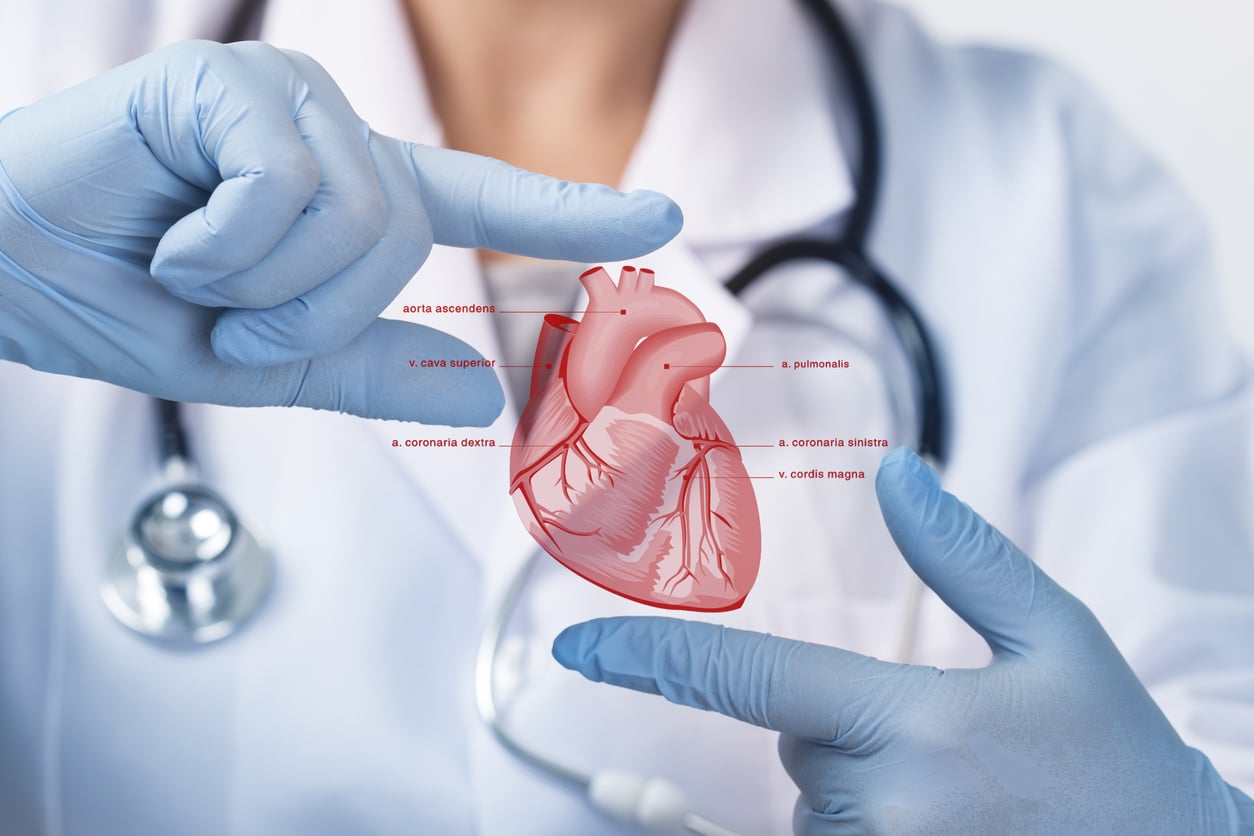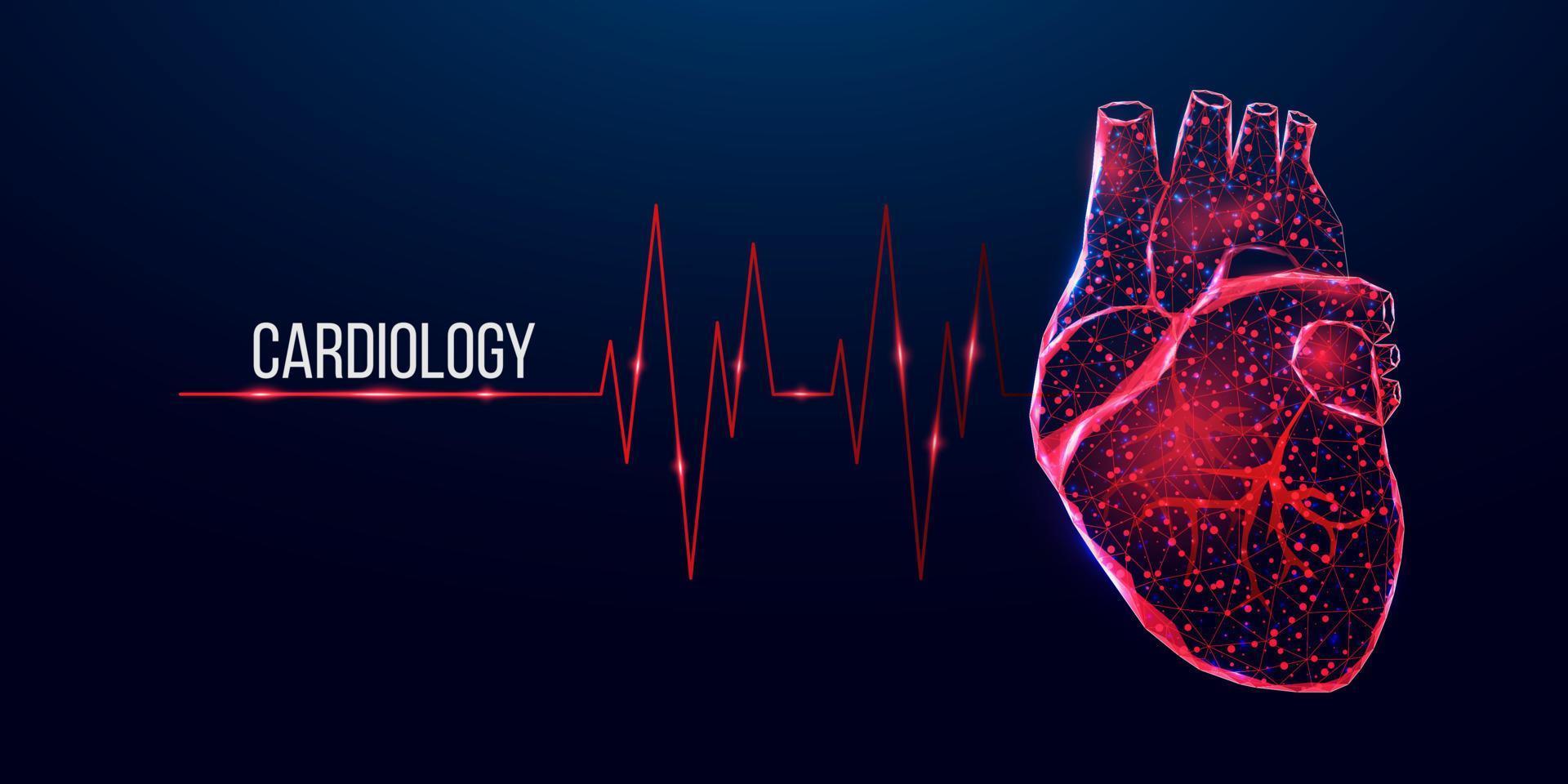How Cardiology Jupiter empowers you to take control of heart risks
How Cardiology Jupiter empowers you to take control of heart risks
Blog Article
Understanding the Importance of Cardiology in Modern Medical Care Providers
Cardiology plays a critical function in modern-day health care, specifically as heart condition remains to be the leading reason for death worldwide. Advancements in diagnostics and treatment have actually changed client care, making it possible for earlier interventions and improved end results. Furthermore, the shift in the direction of precautionary cardiology empowers people to manage their health proactively. As technology remains to evolve, the integration of ingenious options may additionally redefine cardiology's impact on public health, triggering a more detailed evaluation of arising patterns and their ramifications.
The Frequency of Cardiovascular Disease and Its Influence on Public Health And Wellness
Although heart disease stays the leading cause of fatality globally, its effect expands much past individual patients to affect public health systems and economic situations. The high occurrence of cardiovascular disease positions a considerable pressure on healthcare resources, demanding boosted funding for recovery, prevention, and treatment programs. Public health efforts must attend to danger variables such as excessive weight, cigarette smoking, and sedentary way of livings, which contribute greatly to the rising incidence of heart conditions.Moreover, the financial problem connected with heart disease is tremendous, incorporating not just straight medical expenses yet additionally indirect expenses related to shed efficiency and early death. Areas encounter challenges in managing these prices, typically resulting in differences in medical care access and outcomes. As the populace ages and lifestyle-related risks continue to intensify, the urgency for reliable cardiology interventions becomes critical. Consequently, addressing heart problem is not only a matter of private health and wellness yet also a vital public wellness top priority.
Advancements in Cardiac Diagnostics and Imaging Techniques
Recent developments in cardiac diagnostics and imaging strategies have transformed the area of cardiology, boosting the ability to detect and keep track of cardiovascular disease. Methods such as heart MRI, CT angiography, and echocardiography have come to be significantly advanced, supplying thorough photos of cardiac frameworks and features. These modalities permit the early identification of problems like coronary artery disease, cardiac arrest, and valvular disorders.Moreover, advancements in non-invasive diagnostics, such as wearable technology and remote surveillance devices, have encouraged clients and doctor. These tools assist in real-time tracking of heart rhythms and various other necessary indicators, causing timely treatments. In addition, expert system is being integrated right into imaging evaluation, improving precision and performance in diagnosis.
Developments in Treatment Options for Heart Issues
Current innovations in cardiology have actually brought about substantial technologies in treatment options for heart problems. These include sophisticated medical strategies that improve procedural results and emerging drugs that provide new avenues for treatment. As the field advances, these technologies play a vital function in improving client treatment and results.
Advanced Surgical Techniques
Technologies in surgical methods have actually transformed the landscape of cardiology, offering brand-new wish for clients with heart disease. Minimally invasive treatments, such as catheter-based treatments, have considerably decreased recovery times and healthcare facility stays. Strategies like robotic-assisted surgery improve accuracy, permitting specialists to browse complex anatomical structures with greater accuracy. Advancements in imaging technology promote real-time visualization during treatments, boosting outcomes. Transcatheter aortic shutoff replacement (TAVR) exhibits an innovation in dealing with aortic stenosis, making it possible for valve replacement without open-heart surgical procedure. Additionally, hybrid techniques that combine medical and catheter-based methods supply customized options for different cardiac problems. These sophisticated surgical methods not only enhance person safety and security however likewise expand therapy alternatives, emphasizing the important duty of technology in modern cardiology techniques.
Emerging Treatments and medicines
As the landscape of cardiology proceeds to develop, arising medications and treatments play a critical function in enhancing treatment options for heart disease. Advancements such as novel anticoagulants and progressed lipid-lowering representatives have transformed the monitoring of cardio illness, substantially decreasing patient morbidity and mortality. Furthermore, the growth of genetics treatments and regenerative medicine supplies encouraging opportunities for dealing with problems formerly regarded permanent. Medical trials are continually exposing the efficacy of these treatments, pushing the limits of traditional therapies. In addition, the integration of electronic health and wellness innovations facilitates customized medication, enabling tailored therapy strategies based upon hereditary and lifestyle aspects. Collectively, these improvements emphasize the vibrant nature of cardiology, boosting individual end results and redefining requirements of care in modern-day medical care.
The Duty of Preventive Cardiology in Person Care
Preventative cardiology plays a crucial function in individual treatment by concentrating on the recognition of threat aspects that add to cardiovascular disease. With way of living adjustment techniques and early detection methods, medical care suppliers can properly lower the incidence of cardio events - Cardiology Jupiter. This proactive method not only improves individual outcomes yet likewise advertises long-lasting health
Danger Aspect Recognition
While heart diseases continue to be a leading reason of morbidity and death worldwide, efficient risk factor recognition acts as a cornerstone of precautionary cardiology. Identifying danger aspects such as high blood pressure, family, hyperlipidemia, and diabetic issues history is essential for early intervention. Health care experts utilize numerous evaluating methods to review these elements, allowing for customized safety nets. Furthermore, recognizing an individual's way of living choices, such as smoking and physical lack of exercise, further informs danger evaluations. This complete analysis allows medical professionals to develop personalized treatment plans aimed at mitigating threats. By focusing on risk factor recognition, healthcare systems can boost individual end results and minimize the general problem of heart diseases, inevitably contributing to improved public check out this site health methods and resource allowance.
Way Of Life Modification Strategies
A wide range of studies highlights the vital duty of way of life adjustment techniques in minimizing heart disease threat. These strategies incorporate dietary modifications, raised physical task, smoking cessation, and weight monitoring. By embracing a heart-healthy diet abundant in fruits, veggies, whole grains, and lean healthy proteins, individuals can lower cholesterol degrees and blood stress. Routine physical activity enhances the heart and boosts total cardiovascular wellness. Furthermore, quitting cigarette smoking greatly lowers the risk of heart disease and boosts recuperation prices for those with existing conditions. Weight administration additionally contributes to cardio health by alleviating other threat factors such as diabetes and high blood pressure. Applying these lifestyle changes not just advertises private health yet additionally works as a foundation of precautionary cardiology in person treatment.
Very Early Discovery Techniques
Way of living alterations greatly add to reducing heart disease risks, however they are most reliable when combined with early discovery methods. Preventative cardiology emphasizes the significance of identifying prospective heart issues before they escalate right into serious conditions. Methods such as high blood pressure monitoring, cholesterol testing, and progressed imaging modern technologies like echocardiograms play important duties in evaluating cardio health and wellness. Biomarkers and genetic testing additionally enhance the accuracy of early discovery, enabling customized precautionary approaches. Regular cardiac danger analyses equip doctor to intervene proactively, possibly preventing cardiac arrest and strokes (Cardiologist near me). By incorporating these very early detection techniques into routine care, patients can gain from timely way of life treatments and targeted treatments, eventually enhancing results and improving lifestyle
Integrating Innovation Into Cardiology Practices
As advancements in modern technology remain to reshape different fields, the assimilation of ingenious devices and systems right into cardiology methods has come to be essential for boosting client treatment and end results. Telemedicine platforms allow cardiologists to monitor patients from another location, boosting accessibility to care while decreasing the concern on healthcare centers. Wearable gadgets, such as smartwatches, make it possible for continual heart rate surveillance, signaling both doctors and people to prospective concerns in real-time. In addition, artificial intelligence (AI) is being utilized to assess substantial quantities of heart information, assisting in very early medical diagnosis and tailored therapy plans. Advanced imaging methods, consisting of 3D echocardiography, boost visualization of heart structures, resulting in a lot more accurate treatments. Electronic health documents (EHRs) simplify person details monitoring, guaranteeing that cardiologists have instant accessibility to important information. With each other, these technical advancements are changing cardiology, advertising aggressive monitoring and boosted wellness end results for people with cardiovascular problems.
The Value of Client Education and Interaction
Client education and learning and interaction play an essential role in the administration of cardiovascular health and wellness. By gearing up people with expertise regarding their problems, therapy alternatives, and lifestyle changes, health care companies equip individuals to take an active duty in their treatment. This proactive strategy can result in enhanced adherence to recommended medications, nutritional adjustments, and exercise regimens, eventually minimizing the threat of complications.Engagement likewise promotes a strong patient-provider connection, encouraging open communication and trust fund. When clients feel notified and included, they are more probable to voice worries and ask concerns, which can bring about far better professional outcomes. In addition, instructional resources, such as workshops or electronic platforms, can improve understanding and promote self-management methods. Generally, focusing on client education and learning and engagement is crucial for enhancing cardio wellness, improving lifestyle, and minimizing health care expenses connected with cardiovascular conditions.
Future Trends in Cardiology and Their Potential Influence

Frequently Asked Concerns
What Way Of Living Changes Can Lower Heart Disease Danger?
The current question addresses way of life changes that can significantly minimize cardiovascular disease risk. Cardiology. Embracing a balanced diet, engaging in regular exercise, keeping a healthy and balanced weight, handling stress and anxiety, and staying clear of cigarette can significantly improve cardio health
Exactly How Can I Identify Very Early Signs of Heart Problems?
Acknowledging early signs of heart problems involves tracking symptoms such as breast pain, lack of breath, fatigue, and uneven heart beat. Prompt recognition of these indicators can prompt needed clinical examination and treatment for far better results.
What Are the Differences Between Cardiologists and Heart Surgeons?
The differences between cardiologists and cardiac surgeons hinge on their roles; cardiologists mainly detect and take care of heart disease via non-invasive techniques, while heart surgeons carry out procedures to remedy structural heart concerns. Each plays a vital, unique duty.

Just how Commonly Should I Obtain My Heart Health Checked?
The regularity of heart medical examination varies based on specific danger factors. Usually, adults must undergo assessments every one to 2 years, while those with current conditions might call for view it even more constant analyses as suggested by medical care specialists.
What Role Does Genetics Play in Heart Illness Danger?
Genes substantially influences heart condition risk, with domestic patterns suggesting acquired conditions. Specific genes can predispose people to high blood pressure, cholesterol problems, and various other cardiovascular troubles, highlighting the value of hereditary testing in assessing heart wellness. Heart condition stays the leading reason of death around the world, its influence extends far internet past specific clients to influence public health systems and economic climates. Public wellness efforts should attend to danger variables such as weight problems, smoking cigarettes, and less active way of livings, which contribute greatly to the rising occurrence of heart conditions.Moreover, the financial burden connected with heart disease is immense, incorporating not just straight medical prices yet likewise indirect expenditures connected to shed efficiency and early mortality. Preventive cardiology plays a crucial function in person care by focusing on the identification of risk aspects that contribute to heart disease. Fabricated intelligence (AI) and maker understanding are improving diagnostics and person surveillance, making it possible for early detection of heart diseases. The differences between cardiologists and heart surgeons exist in their duties; cardiologists largely diagnose and manage heart conditions with non-invasive methods, while cardiac cosmetic surgeons execute surgical procedures to remedy architectural heart problems.
Report this page